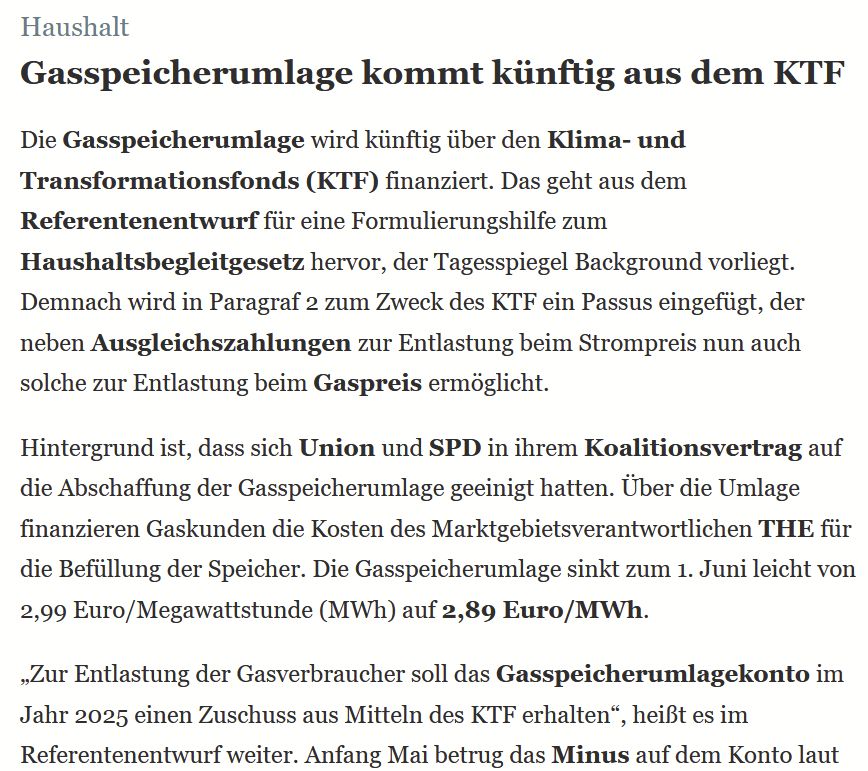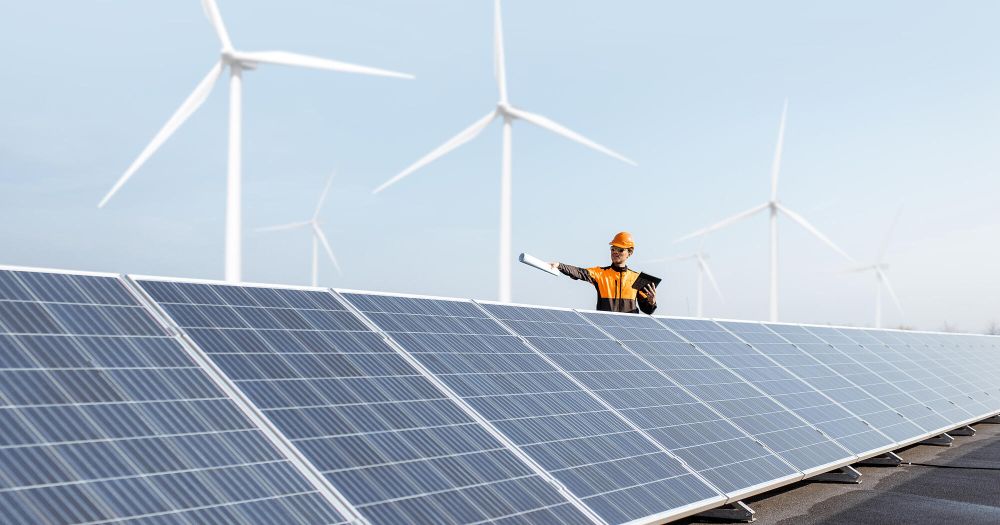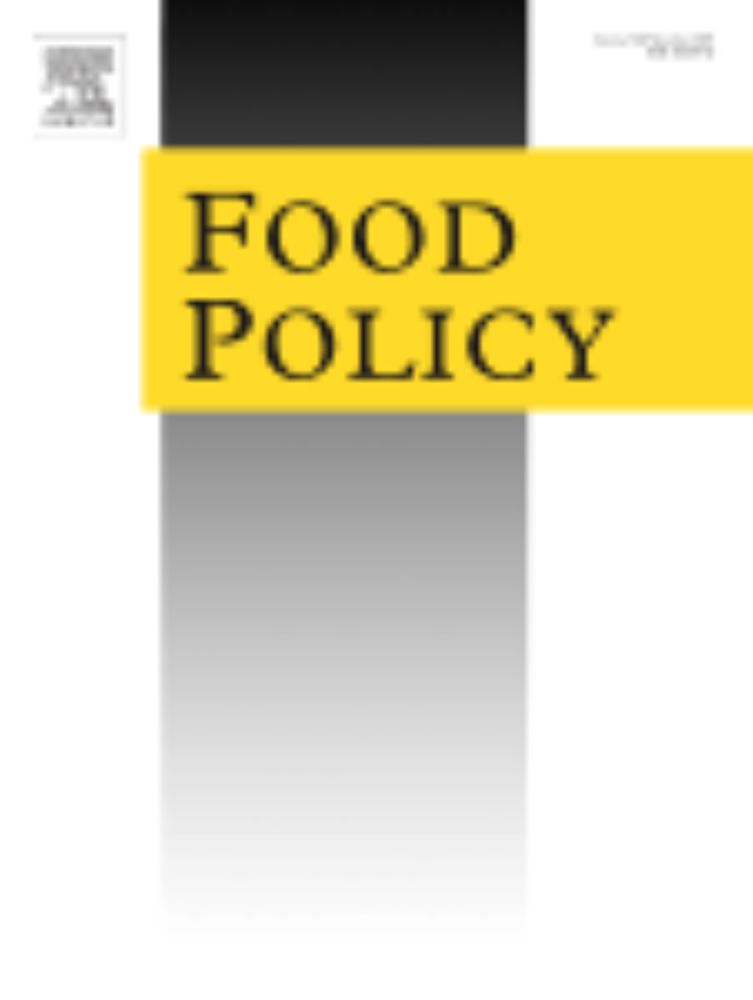

We propose a mechanism ensuring weak Pareto improvements across income groups, homeowners & generations—with low informational requirements. doi.org/10.25932/pub.... Here's how it works:
„𝗪𝗶𝗲 𝗸𝗮𝗻𝗻 𝗱𝗶𝗲 𝗱𝗲𝘂𝘁𝘀𝗰𝗵𝗲 𝗦𝗰𝗵𝘂𝗹𝗱𝗲𝗻𝗯𝗿𝗲𝗺𝘀𝗲 𝗴𝗿𝘂̈𝗻𝗲𝗿 𝘄𝗲𝗿𝗱𝗲𝗻?“ – dieser Frage widmen wir uns in einem neuen Beitrag in 𝘗𝘦𝘳𝘴𝘱𝘦𝘬𝘵𝘪𝘷𝘦𝘯 𝘥𝘦𝘳 𝘞𝘪𝘳𝘵𝘴𝘤𝘩𝘢𝘧𝘵𝘴𝘱𝘰𝘭𝘪𝘵𝘪𝘬: www.degruyterbrill.com/document/doi...
Mit O. Edenhofer, U. Eydam, M. Heinemann und @mkalkuhl.bsky.social.
Details:

„𝗪𝗶𝗲 𝗸𝗮𝗻𝗻 𝗱𝗶𝗲 𝗱𝗲𝘂𝘁𝘀𝗰𝗵𝗲 𝗦𝗰𝗵𝘂𝗹𝗱𝗲𝗻𝗯𝗿𝗲𝗺𝘀𝗲 𝗴𝗿𝘂̈𝗻𝗲𝗿 𝘄𝗲𝗿𝗱𝗲𝗻?“ – dieser Frage widmen wir uns in einem neuen Beitrag in 𝘗𝘦𝘳𝘴𝘱𝘦𝘬𝘵𝘪𝘷𝘦𝘯 𝘥𝘦𝘳 𝘞𝘪𝘳𝘵𝘴𝘤𝘩𝘢𝘧𝘵𝘴𝘱𝘰𝘭𝘪𝘵𝘪𝘬: www.degruyterbrill.com/document/doi...
Mit O. Edenhofer, U. Eydam, M. Heinemann und @mkalkuhl.bsky.social.
Details:
We look forward to applications from PhD students & recent postdocs.
📅 Sep 24-25.
⏳ Deadline: June 30.
Further details 👇
We look forward to applications from PhD students & recent postdocs.
📅 Sep 24-25.
⏳ Deadline: June 30.
Further details 👇


@jacobedenhofer.bsky.social
👇
hertie-school.dvinci-easy.com/en/p/en/jobs...

@jacobedenhofer.bsky.social
👇
hertie-school.dvinci-easy.com/en/p/en/jobs...
www.bioecon-network.org/pages/26th_2...

www.bioecon-network.org/pages/26th_2...
Main point:
When EU consumes oil it increases the oil price thus Russia’s oil income. This in turn costs EU since we need to buy more arms.
Central estimate: each Eur of oil implies 37 cents of defense cost to EU.
Implication:
Climate policy is defence policy!

Main point:
When EU consumes oil it increases the oil price thus Russia’s oil income. This in turn costs EU since we need to buy more arms.
Central estimate: each Eur of oil implies 37 cents of defense cost to EU.
Implication:
Climate policy is defence policy!



www.pik-potsdam.de/en/news/late...

www.pik-potsdam.de/en/news/late...

➡️Gebäudeklimageld: www.pik-potsdam.de/members/mkal...
➡️Grün-goldene Verschuldungsregel: www.pik-potsdam.de/members/mkal...
➡️Gebäudeklimageld: www.pik-potsdam.de/members/mkal...
➡️Grün-goldene Verschuldungsregel: www.pik-potsdam.de/members/mkal...
Wie würden wir "Resonanz" bewerten?
Grundsätzlich: Umgekehrt bringt Abwesenheit von KNA m.E. keinen großen Nutzen denn...
background.tagesspiegel.de/energie-und-...
Wie würden wir "Resonanz" bewerten?
Grundsätzlich: Umgekehrt bringt Abwesenheit von KNA m.E. keinen großen Nutzen denn...
background.tagesspiegel.de/energie-und-...

background.tagesspiegel.de/energie-und-...
lambwf.github.io/UNEP-Gap-Rep...
I'll be adding to this a bit in the coming months.

lambwf.github.io/UNEP-Gap-Rep...
I'll be adding to this a bit in the coming months.
Do you want to learn about material flow analyses and modeling of transformation scenarios?
@pik-potsdam.bsky.social is a renowned institute with scientific and real-world impact - and a beautiful location near Berlin
All info here: tinyurl.com/24udxdkv

1/n

1/n
verfassungsblog.de/novelle-bund...

verfassungsblog.de/novelle-bund...

We propose a mechanism ensuring weak Pareto improvements across income groups, homeowners & generations—with low informational requirements. doi.org/10.25932/pub.... Here's how it works:

We propose a mechanism ensuring weak Pareto improvements across income groups, homeowners & generations—with low informational requirements. doi.org/10.25932/pub.... Here's how it works:


